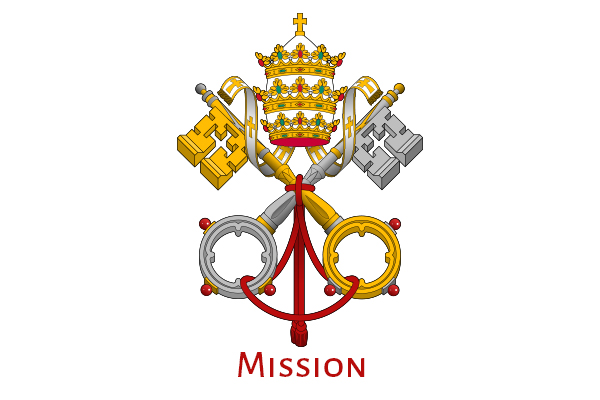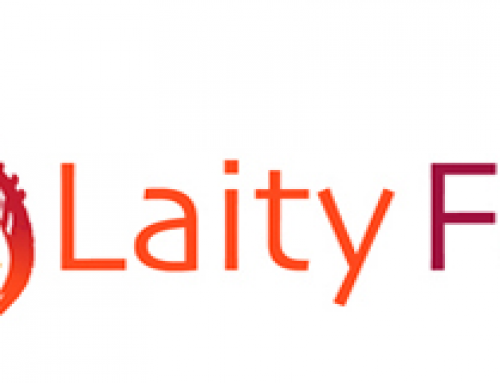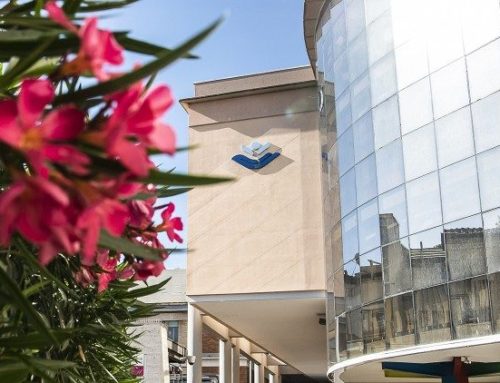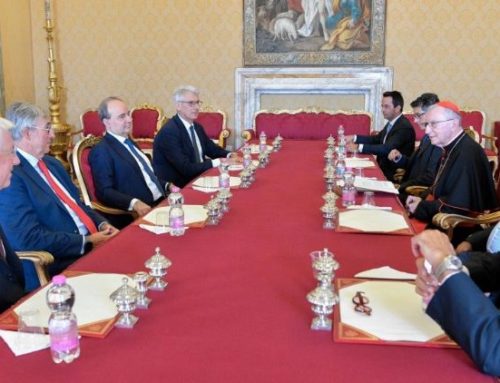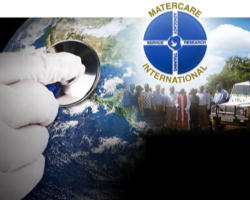
On 3 April 2023, Archbishop Gabriele Caccia, Permanent Observer of the Holy See to the United Nations, addressed the 13th session of the Open-Ended Working Group on Ageing at the United Nations Headquarters.
In his remarks, Archbishop Caccia affirmed the equal dignity of all people “in every phase of life, until natural death.” To this end, he said, any society which cherishes its older persons and seeks to include them fully should shape domestic law to strengthen accessible and affordable social protection, home-based assistance, and quality healthcare. In addition, policies supporting the wellbeing of the family should also be strengthened, because the family provides the primary support for grandparents and elderly family members, he stated.
Archbishop Caccia further relayed the Holy See’s position that the practices of physician-assisted suicide and euthanasia are the ultimate form of social exclusion and a perversion of the medical profession. Rather than offering “suicide,” he called on society to offer “compassionate accompaniment” for elderly persons.
The text of the statement follows.
Statement by H.E. Archbishop Gabriele Caccia
Permanent Observer of the Holy See to the United Nations
at the 13th session of the Open-Ended Working Group on Ageing
United Nations Headquarters, 3 April 2023
Agenda item 5 – Measures to enhance the promotion and protection of the human rights and dignity of older persons
Madam Chair,
The Delegation of the Holy See is grateful to Your Excellency and the Bureau of the Open-ended Working Group on Ageing for the preparation of its 13th Session.
Pope Francis during one of his catechesis said that “The elderly are the messengers of the future, the elderly are the messengers of tenderness, the elderly are the messengers of the wisdom of lived experience.”[1] However, in our throwaway culture, elderly people are often cast aside.[2] Challenging this, any society which cherishes its older persons and seeks to include them fully, should creatively shape domestic law in order to strengthen accessible and affordable social protection, home-based assistance, and quality healthcare. Moreover, Governments should favor an inclusive approach which ensures care for the poorest and frailest among us. At the same time, policies which support the wellbeing of the family should actively be strengthened, since the family provides the primary support for grandparents and elderly family members. Communities should also recognize the value of advanced age as a unique stage of life for the transmission of wisdom and the growth of the elderly, their families and society.
Pope Francis explained that “A society truly welcomes life when it recognizes that it is also precious in old age.”[3] The call to solidarity with older persons includes meeting their needs, such as by promoting their right to health, which helps enable them to live their life to the full, in every dimension, physical, mental, social and spiritual, regardless of growing impairment. The promotion of human rights also implies a call to greater responsibility and includes the duty of care. In this regard, the complex medical needs of an ageing population require not only strong healthcare systems and care directed toward the good of the person, but also a strong societal commitment to support and accompany the elderly, in all the stages of life.
Madam Chair,
The number of jurisdictions in which the practices of physician-assisted suicide and euthanasia are permitted has more than doubled since the establishment of this Working Group. Shrouded in an impoverished understanding of dignity and autonomy, these practices are the ultimate form of social exclusion and a perversion of the medical profession. Indeed, any action aimed at ending a human life is never a medical treatment, as found clearly in the Hippocratic Oath where medical doctors agreed to “save a life and save wherever possible”. More and more, a sense of abandonment, a lack of effective support and even the refusal of treatment by insurance companies, drive the elderly and frail to despair and therefore to desire to hasten the end of their life. When, instead of compassionate accompaniment, society offers suicide, it affirms that it only values people insofar as they do not ask anything of us. As Pope Francis has said, “poor health and disability are never a good reason for excluding or, worse, eliminating a person; and the most serious privation that elderly persons undergo is not the weakening of the body and the disability that may ensue, but abandonment and exclusion, the privation of love.”[4]
The Holy See affirms the equal dignity of all people “in every phase of human life, until natural death” and encourages efforts that make “each feel accompanied and cared for, even in the most delicate moments of his or her life.”[5]
Thank you, Madam Chair.
________________________________________
[1] Pope Francis, General Audience, 8 June 2022
[2] Pope Francis, General Audience, 1 June 2022.
[3] Pope Francis, Message to the participants in the General Assembly of the Pontifical Academy for Life on the occasion of the 20th anniversary of its founding, 19 February 2014.
[4] Ibid.
[5] Ibid.

